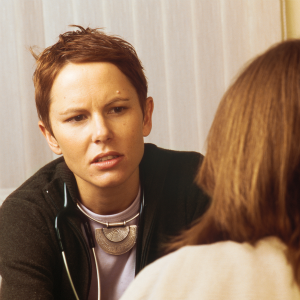Patients registered at GP training practices consistently reported more positive experiences of GP care than did patients at non-training practices, according to findings from the GP Patient Survey 2012.
The patients at GP training practices rated their GPs more highly on all aspects of the ‘doctor care domain’, which include areas such as time given to patients, the doctor’s listening and communication skills, involving patients in their own care and patients’ confidence and trust.
Patients at GP training practices also reported better ‘overall satisfaction’ with their care than patients at non-training practices – with higher ratings for ‘overall experience’ and ‘recommending GP surgery to someone who has just moved to the area’.
The findings, published in this month’s British Journal of General Practice, come from a study of 2011/2012 GP Patient Survey data for 7,886 practices, of which 2,288 (29%) were GP training practices.
Patients registered with training practices rated the ‘doctor care domain’ questions between 0.68% and 1.11% higher than did patients at non-training practices; they rated the ‘overall satisfaction’ questions 1.52% to 1.98% higher.
In contrast, the training status of practices did not influence how patients rated nurse care or out-of-hours services.
The authors concluded: ‘Based on GP Patient Survey responses, doctors in GP training practices appeared to offer more patient-centred care with patients reporting more positively concerning attributes of doctors such as “listening” or “care and concern”.’
Dr Krishna Kasaraneni, chair of the GPC GP trainees subcommittee, said the findings ‘come as no surprise’.
He said: ‘The reasons are two fold. GP training is indeed a time and financial drain for GP practices. Practices can only afford to take on training once they are fully staffed and appropriately resourced. And if the practices are fully staffed and funded appropriately, then it will naturally translate into a better patient experience.’
‘GP trainees through their training placements constantly interact with their trainers and get involved in many educational events at their practice. There is also an element of peer supported learning which gives trainees the opportunities to share their experiences of positive patient care which then spread from one practice to another.’
He added: ‘This paper did look at a large data set and it adds a great deal to our position on the matter – fund general practice better, promote the workforce of today and tomorrow – and the patients will be the winners. I hope the DH take evidence like this on board when considering the recommendations of the Shape of Training Review to increase funding for general practice training.’
Br J Gen Pr 2014; available online 1 March
Pulse October survey
Take our July 2025 survey to potentially win £1.000 worth of tokens












